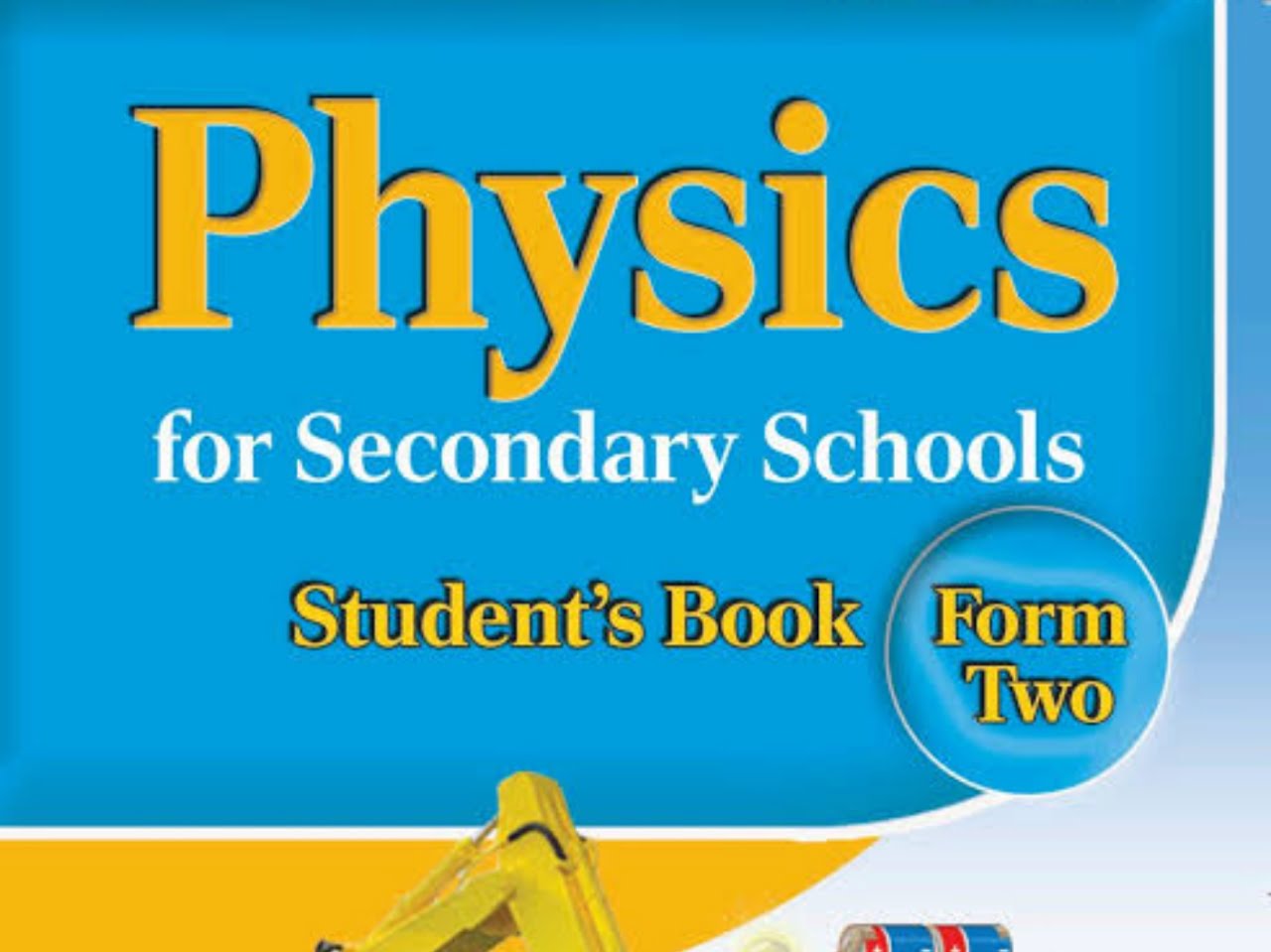Based on the Form Two Physics syllabus in Tanzania, here are some topics that frequently appear in mock examinations:
1. Introduction to Physics and Measurement:
- Definition of Physics and its importance.
- Basic physical quantities (length, mass, time, temperature, current).
- SI units and their symbols.
- Measuring instruments and their accuracy (ruler, vernier calipers, micrometer screw gauge, stopwatch, thermometer, ammeter, voltmeter).
- Measurement of length, mass, time, and temperature.
- Errors in measurement and how to minimize them.
2. Force:
- Definition of force and its effects.
- Types of forces (gravitational, frictional, magnetic, electrostatic, tension, upthrust).
- Representation of force as a vector quantity.
- Newton's First Law of Motion (inertia).
3. Pressure:
- Definition of pressure.
- Pressure in solids (P = F/A).
- Pressure in liquids:
- Pressure increases with depth (P = ρgh).
- Transmission of pressure in liquids (Pascal's principle and its simple applications).
- Atmospheric pressure and its measurement (barometer - basic concept).
4. Work, Energy, and Power:
- Definition of work and its formula (W = Fd).
- Definition of energy and its forms (kinetic, potential - gravitational, heat, light, sound, chemical, electrical, nuclear).
- Law of conservation of energy (basic understanding).
- Definition of power and its formula (P = W/t).
5. Light:
- Sources of light.
- Rectilinear propagation of light (light travels in straight lines).
- Formation of shadows and eclipses (simple explanation).
- Reflection of light:
- Laws of reflection.
- Formation of images by plane mirrors.
6. Sound:
- Production of sound by vibrating objects.
- Transmission of sound through different media.
- Speed of sound in different media (qualitative).
- Characteristics of sound (pitch, loudness, quality - basic understanding).
7. Magnetism:
- Natural and artificial magnets.
- Properties of magnets (attraction, repulsion, poles).
- Magnetic field and magnetic field patterns around a bar magnet.
- Simple applications of magnets.
Tips for Teachers Preparing Mock Examinations:
- Emphasize Definitions and Formulas: Physics relies heavily on understanding basic definitions and formulas.
- Include Numerical Problems: Test students' ability to apply formulas to solve simple quantitative problems.
- Use Diagrams and Illustrations: Physics concepts are often easier to grasp with visual aids. Include questions that involve interpreting or drawing diagrams.
- Relate to Everyday Phenomena: Connect physics concepts to real-world examples and applications relevant to Tanzania.
- Focus on Understanding Principles: Encourage students to understand the underlying principles rather than just memorizing facts.
- Include a Mix of Question Types: Use multiple-choice, short answer, and problem-solving questions.
By focusing on these core topics and incorporating a variety of question types, you can create comprehensive and effective Physics mock examinations for your Form Two students.


No comments
Post a Comment